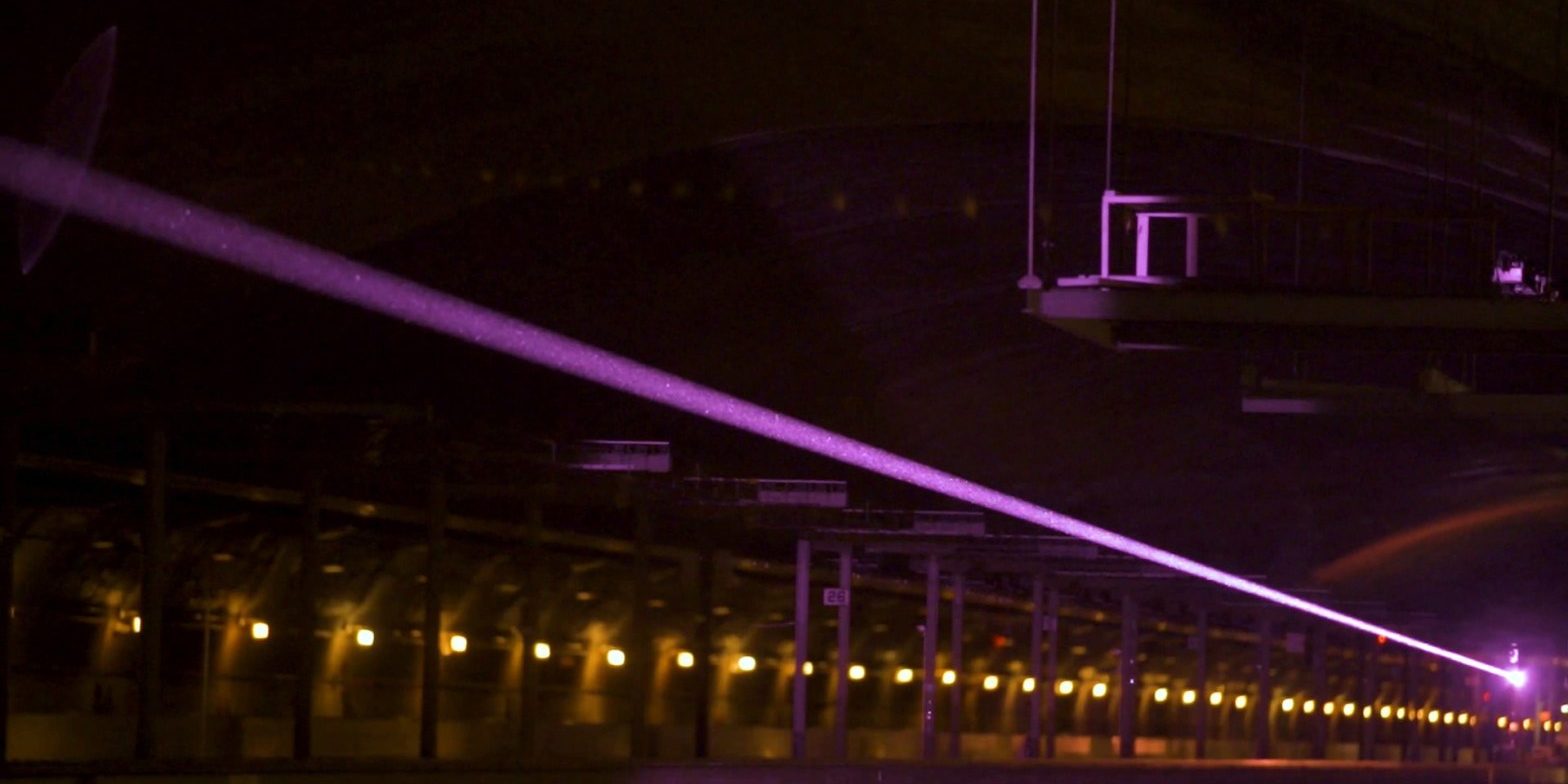Wireless power beaming is the transmission of electrical energy without a physical link. In a wireless power transmission system, a transmitter device, driven by electric power from a power source, transmits power across space to a receiver device, which extracts power from the field and supplies it to an electrical load. The technology of wireless power transmission can eliminate the use of wires and batteries, thus increasing the mobility, convenience, and safety of an electronic device for users. The Naval Research Laboratory (NRL) has a strong heritage of turning visionary ideas into reality: nuclear submarines, space surveillance, and GPS are just a few examples that have roots at NRL. Today, a confluence of advances at NRL and elsewhere presents an opportunity for two potentially revolutionary energy technologies: Power Beaming & Space Solar. As recognized in NRL’s reports on these topics, delivering energy without moving or employing mass and the prospect of collecting clean, continuous, abundant sunlight in space and distributing it globally present compelling capabilities for remote installation energy resupply, disaster response, and power for the developing world. Dr. Jaffe has been conducting space-based solar energy research for more than a decade, focusing in part on transmitting solar energy from space to Earth; in this presentation, Dr. Jaffe will present the visions for power beaming and space solar, and delve into their technical, regulatory, and economic challenges and opportunities.


